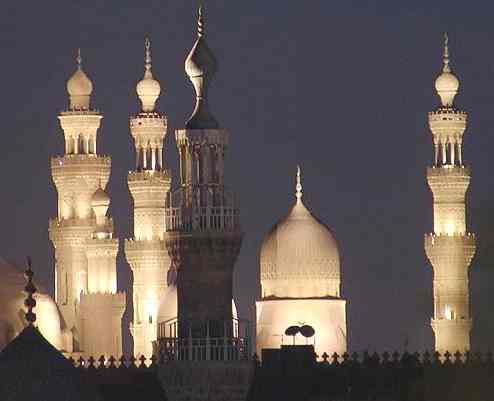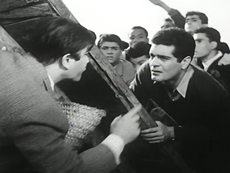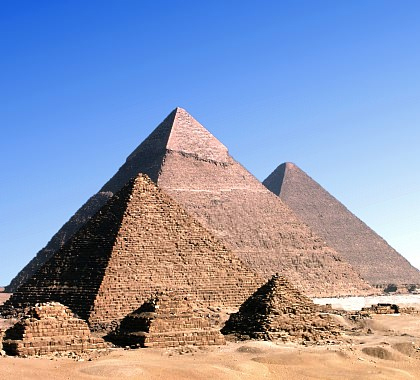Escape from Saddam was by far my favorite text that we have read so far! Kudos to Katie for choosing it for us. The story was so engaging that I could not put it down!
The most surprising part of the story for me was the first chapter, “The Interrogation.” It was horrifying to see how the arifs were trying to turn their soldiers into brutal beasts. It is terrifying to see soldiers being forced to interrogate/ torture their fellow soldiers. It also seemed like these practices could be counter-productive. Isn’t the fact that soldiers in a unit are united as comrades- or even as brothers- one thing that makes them more effective when fighting an enemy? Forcing soldiers to fight against each other takes away their desire to fight to protect each other.
Another thing that surprised me was the fact that the soldiers got to visit their homes once a month. This seemed odd, compared to the awful brutality of the base where Sarmed was stationed. Maybe these visits were necessary to keep the soldiers sane, but it did not seem as though the base cared much about the soldiers sanity.
The part of the book where Sarmed is imprisoned for no reason contrasted well with the chapters we read from the book about Guantanamo. Some of the scenes could have even been interchangeable. Is this what they mean when people say that you have to fight your enemy with their own weapons?











